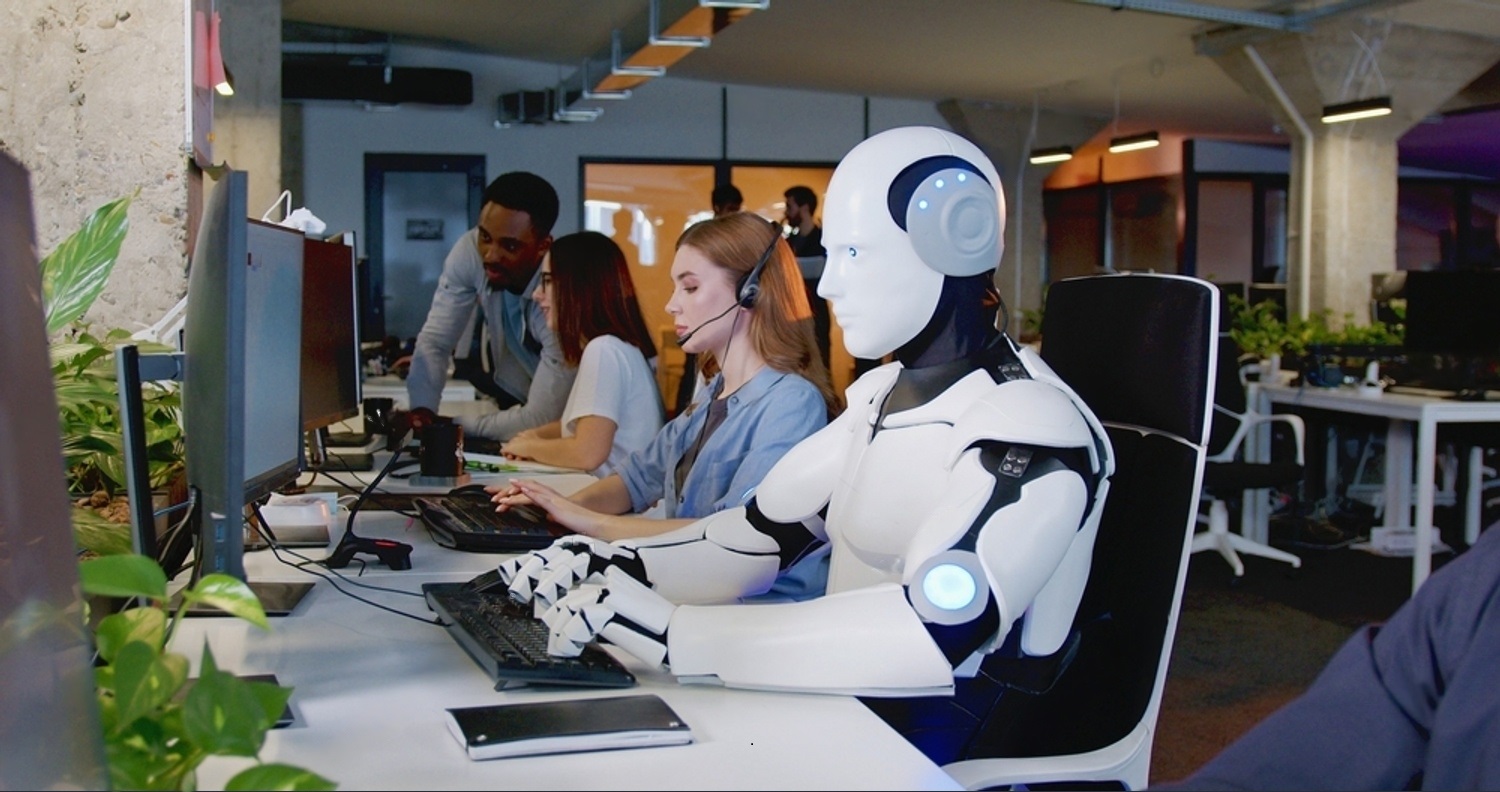Artificial intelligence (AI) and robotics are two of the most revolutionary technologies of our time. These digital advancements have the potential to change the way we live and work, but they also raise fundamental ethical questions that must be addressed. In this article, we will examine the impact of AI and robotics on humanity and explore the ethical concerns that accompany these technologies.
1.What is Artificial Intelligence?
Artificial intelligence refers to the ability of machines to perform tasks that typically require human intelligence. This can include anything from language translation and decision-making to image recognition and natural language processing. AI is typically powered by machine learning algorithms that allow machines to learn and improve from data inputs. As AI systems become more advanced, they have the potential to perform tasks that were previously thought to be impossible.
2.What is Robotics?
Robotics is the branch of technology that deals with the design, construction, and operation of robots. Robots are machines that can perform tasks autonomously or with remote control. Robotics technology has advanced significantly in recent years, with robots being used in industries such as manufacturing, healthcare, and agriculture. Robotics has the potential to revolutionize the way we work and live, but it also raises significant ethical concerns.
3.The Impact of AI and Robotics on Humanity
AI and robotics have the potential to significantly impact humanity in both positive and negative ways. On the positive side, these technologies can improve efficiency, increase productivity, and reduce the risk of human error. They can also be used to tackle complex problems in fields such as healthcare, finance, and environmental sustainability. For example, AI can be used to analyze large data sets in healthcare to develop more accurate diagnoses and treatments. Robotics can be used to automate dangerous and repetitive tasks, reducing the risk of injury and fatigue for human workers.
However, there are also significant risks associated with AI and robotics. These technologies have the potential to automate many jobs, leading to unemployment and economic inequality. They can also be used to create autonomous weapons that could cause significant harm. There is also the risk of AI systems becoming biased or discriminating against certain groups, as they are only as impartial as the data they are trained on.
4.The Ethical Concerns of AI and Robotics
The development of AI and robotics has raised many ethical concerns that must be addressed. One of the biggest concerns is the risk of bias in AI systems. If AI systems are trained on biased data, they may perpetuate and even amplify existing biases. This can lead to discriminatory outcomes, such as bias against certain races or genders. It is important for developers to ensure that AI systems are trained on diverse and representative data sets to avoid these issues.
Another concern is the issue of accountability and responsibility. As AI systems become more autonomous, it becomes more difficult to determine who is responsible for the actions they take. If an autonomous car causes an accident, who is at fault? Is it the manufacturer, the programmer, or the AI system itself? It is important to establish clear guidelines for accountability and responsibility to ensure that these technologies are used safely and ethically.
Privacy is also a significant concern when it comes to AI and robotics. As these technologies become more advanced, they may collect and process large amounts of personal data. It is important to establish clear regulations around data privacy to ensure that individuals are protected from misuse or abuse of their data.
Takeaway
In conclusion, artificial intelligence and robotics have the potential to revolutionize the way we live and work, but they also raise significant ethical concerns. To ensure that these technologies have a positive impact on humanity, it is important for developers, policymakers, and society as a whole to address these concerns and ensure that AI and robotics are developed and used in a safe and ethical manner. By doing so, we can harness the potential of these technologies to improve our lives and create a better future for generations to come.

